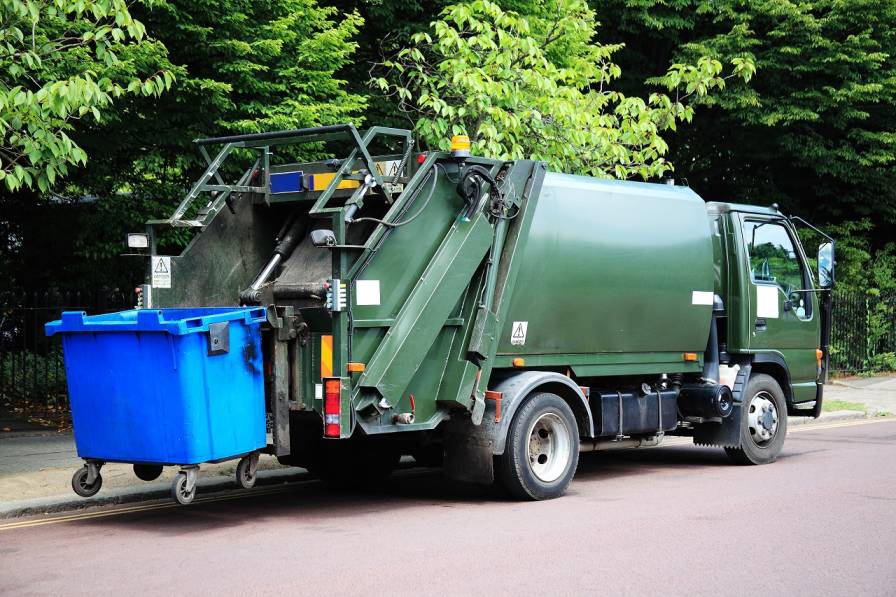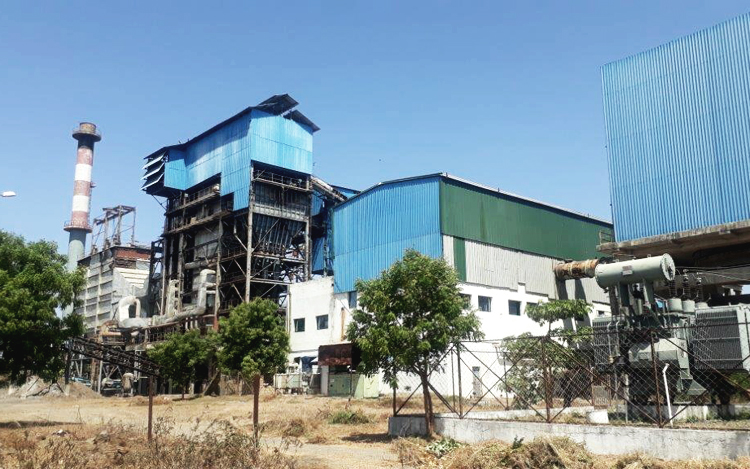In a refreshingly pleasant news, the Junagadh Municipal Corporation is set to become first civic body in Gujarat to earn from sale of carbon credit. Any government or other regulating body willing to limit the carbon dioxide emissions can issue Carbon Credits.
The buying and selling of Carbon Credits is regulated by a legal contract called ERPA (Emission Reduction Purchase Agreement). Under mechanism called Clean Development Mechanism specifically addressed to developing countries, it issues Carbon Credits for supporting sustainable development initiatives (those Carbon Credits are called Certified Emission Reduction, or CER).

Worldwide, the creation of carbon markets has provided an additional source of income for clean energy projects. One of the highly valuable avenues for generating capital for climate projects has been the Clean Development Mechanism (CDM). Countries that ratified the Kyoto Protocol were subjected to maximum carbon emission levels for specific periods and participated in carbon credit trading.
A protocol inked to the United Nations Framework Convention on Climate Change (UNFCCC) was adopted in 1997 in Kyoto to mandate that the industrialized nations cut their greenhouse gas emissions. The protocol seeks to reduce the concentration of GHG emissions in the atmosphere in a cost-effective way.
The Kyoto Protocol establishes the quotas of greenhouse gases that each developed country can emit. These so-called Assigned Amount Units (AAUs) correspond to an allowance to emit one metric tonne of CO2 or equivalent greenhouse gas.

Having installed a biomethanation plant at the cost of Rs. 5 crores, the Junagadh Municipal Corporation is expecting to earn Rs.20 lacs annually from approximately 9000 credit.
The biomethanation plant, will process 15 tonnes of green waste per day from 50 ton of the green waste received mainly from kitchen waste, vegetable waste and other wet waste which is separated out of the 130 ton of Municipal Solid Waste gathered from hotels, restaurants, commercial establishments and households.
The process at the biomethanation plant will generate 500 kg of gas which will be used as fuel in the city buses the Junagadh Municipal Corporation plans to start.

Conceptualized as waste to wealth, the project will be inaugurate d by Vinod Moradiya, MOS, urban housing and urban development, Junagadh municipal commissioner R M Tanna said. The agency that has provided the plant will handle its maintenance and operation for the first five years.

Although carbon offsets are presented as instrumental in reducing the emissions, they do not actually reduce emissions. It normally transfers reductions to where it is cheapest to make them, which normally means a shift from developed to underdeveloped countries. Tapping into the carbon markets requires a long and costly process of documentation, monitoring, and verification involving high transaction and time costs.













